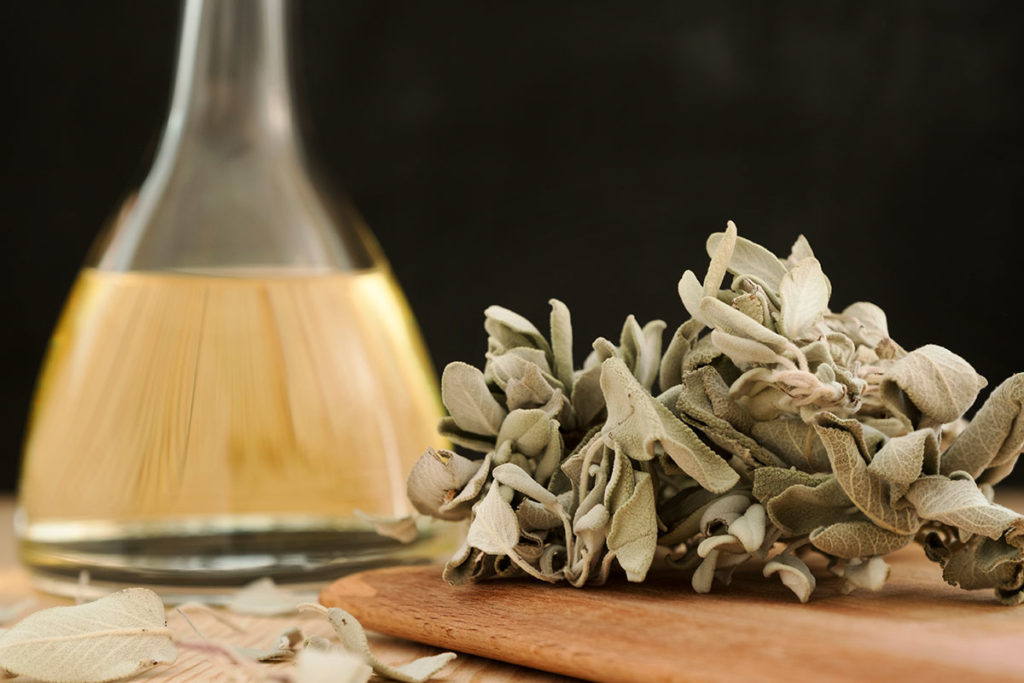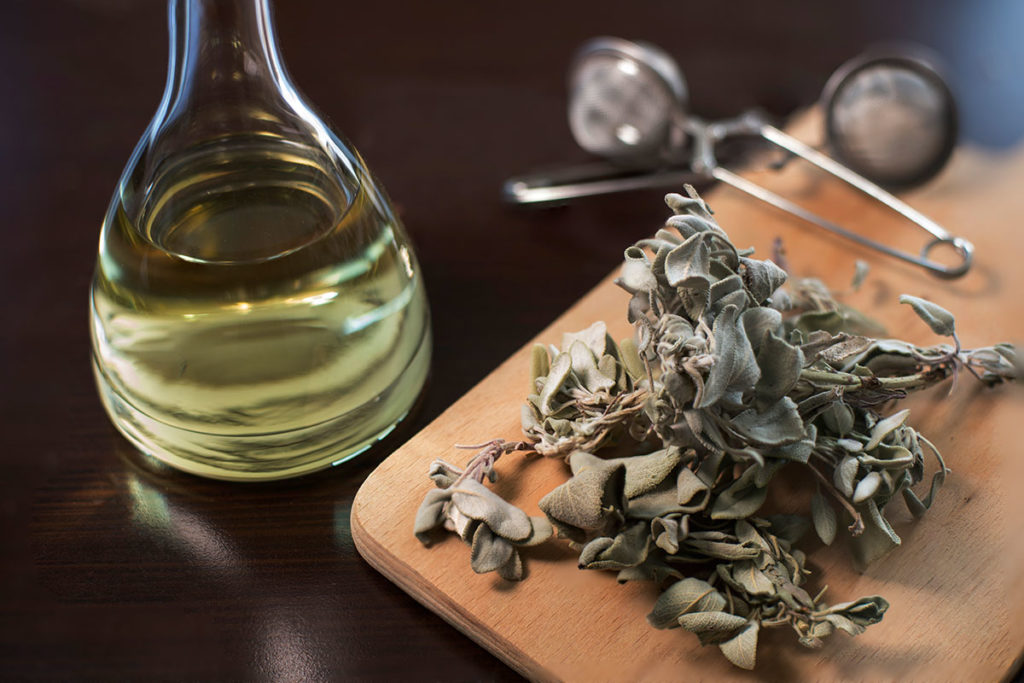Sage Essential Oil
Sage Essential Oil: A Fragrant Legacy Grown in the Heart of Turkey
Sage essential oil is a timeless botanical product that continues to hold a strong presence in the world of natural aromas. Known for its earthy and herbaceous fragrance, sage oil is distilled from a hardy perennial herb that thrives in dry, sun-filled climates. While many countries cultivate sage, Turkey stands out as a key region for sage essential oil production, thanks to its rich agricultural traditions, ideal weather conditions, and deep-rooted understanding of the herb’s cultivation.
In the rugged hills and rural landscapes of southwestern and western Turkey, sage has been a familiar plant for centuries. Local farmers have long recognized its adaptability and strength, growing it in fields alongside other aromatic herbs and native vegetation. The dry Mediterranean climate—characterized by long summers, mild winters, and low humidity—provides perfect growing conditions for sage plants to mature and produce their characteristic fragrance.
Sage cultivation in Turkey is typically a low-intervention process that emphasizes natural growth cycles. Most farmers rely on traditional techniques that do not involve forced irrigation or mechanical planting. Instead, they work with the land’s rhythm, allowing sage to grow in conditions that mimic its natural habitat. As a result, the plants are often more resilient and aromatic, yielding a distinct oil that reflects the terroir of the region.
The harvesting of sage for essential oil is a crucial step in maintaining its aromatic integrity. Timing plays a vital role—Turkish farmers often harvest sage in late spring to early summer when the leaves are most fragrant. The harvesting process is frequently done by hand, a method passed down through generations. This approach ensures that only mature and undamaged leaves are collected, preserving the quality of the oil extracted later.
After harvesting, sage is usually air-dried in shaded, well-ventilated areas to retain its full scent profile. This step is particularly important in Turkey, where sun exposure is strong and can quickly reduce the volatile components of the herb. By drying the sage carefully, producers are able to maintain its full aroma during the distillation process.
Distillation in Turkey typically takes place in regional facilities close to the fields. This proximity helps ensure that the sage remains fresh and retains its natural fragrance. The most common method used is steam distillation, which gently separates the aromatic oils from the plant material. Turkish distillers often favor small-batch production, focusing on quality rather than quantity. This artisanal approach helps protect the unique character of the oil and supports rural economies.
Beyond the physical product, sage essential oil holds cultural and economic value for many communities in Turkey. In rural villages where sage is grown, the harvest season becomes a shared effort among families. It is not uncommon to see several generations working side by side during peak harvesting days. This tradition strengthens local ties and helps maintain agricultural practices that are increasingly rare in modern farming.
Turkey’s sage production is also intertwined with the country’s broader identity as a hub for aromatic herbs and natural products. Along with lavender, thyme, oregano, and rosemary, sage plays an essential role in Turkey’s aromatic landscape. The country’s diverse microclimates and vast tracts of open land allow for multiple herb species to thrive together. This biodiversity not only enriches the quality of essential oils produced in the region but also supports ecological balance.
From an agricultural perspective, sage is a low-maintenance and sustainable crop. It requires little water, can grow in poor soils, and is naturally resistant to many pests. This makes it a fitting choice for regions in Turkey where large-scale irrigation is not possible. Additionally, sage can be cultivated alongside other herbs in intercropping systems, which helps maximize land use while preserving soil health.
Global interest in sage essential oil continues to rise, driven by growing demand for naturally sourced and authentically produced aromatics. Turkish sage oil is particularly appealing to buyers who value transparency, traceability, and cultural heritage. Each bottle tells the story of land, labor, and tradition—distilled into a fragrant, timeless extract.
In conclusion, sage essential oil cultivated and produced in Turkey is more than a fragrant product—it is a reflection of landscape, people, and heritage. The unique conditions of Turkish soil, the wisdom of local farmers, and the dedication to traditional methods all combine to create an essential oil that stands out in quality and story. As consumers increasingly seek authentic and sustainably sourced products, Turkish sage essential oil offers a compelling and aromatic connection to nature and tradition.
Product Information
Crop: Wild grown on mountains
Parts used: Leaves
Extraction method: Steam distillation
Quality: Organic Certified 100 % pure and natural essential oil
Industry used: Dietary/Nutritional Supplement, Phytotherapy, Aromatherapy, Cosmetic, Perfume, Feed and Agricultural industries.
Packaging: Food grade barrels in various sizes or Glass bottles with orifice reducer caps
Country of origin: TÜRKİYE



